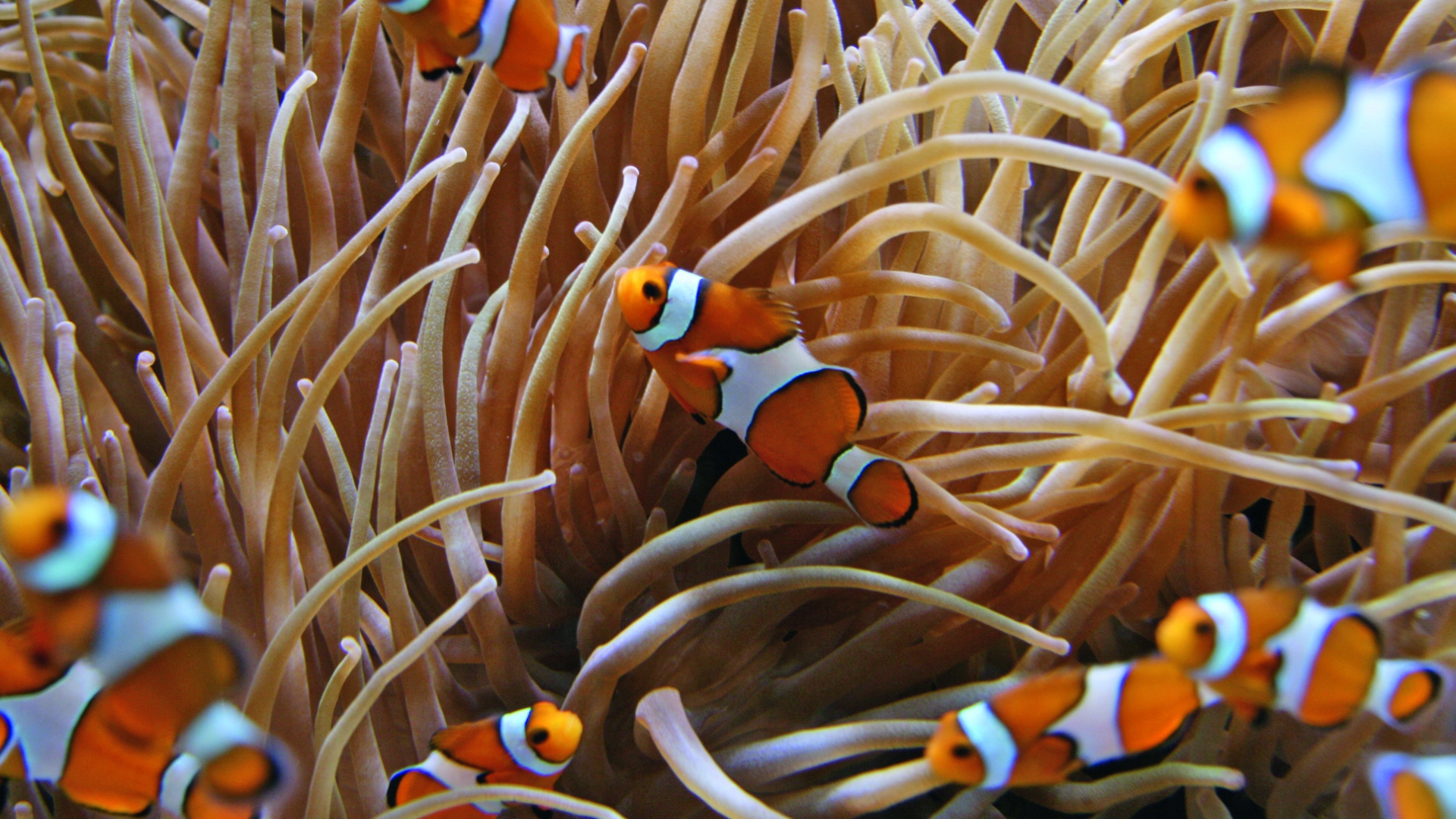Ocean Acidification. Scientists have observed that the ocean is becoming more acidic as its water absorbs carbon dioxide from the atmosphere. With increased use of fossil fuels, that number is now.

Noun. decrease in the ocean's pH levels, caused primarily by increased carbon dioxide. Ocean acidification threatens corals and shellfish. pH. Location of planned OA monitoring and research sites and affiliated NOAA labs.
In the ocean, the dissolved carbon dioxide interacts with the water making the water more acidic, thereby reducing its pH. This partnership has helped address regional priority research needs and increased regional awareness of OA concerns. The harmful impact of ocean and coastal acidification on marine life, especially shellfish, may affect the livelihood of vulnerable indigenous communities in Alaska, on the West Coast and the Gulf Coast, that depend on these coastal resources.
However, ocean acidification conditions are more variable along the coast. Noun. decrease in the ocean's pH levels, caused primarily by increased carbon dioxide. Over the last decade, there has been much focus in the ocean science community on studying the potential impacts of ocean acidification.
Location of planned OA monitoring and research sites and affiliated NOAA labs. In the ocean, the dissolved carbon dioxide interacts with the water making the water more acidic, thereby reducing its pH. Since sustained efforts to monitor ocean acidification worldwide are only beginning, it is currently impossible to predict exactly how ocean acidification.
The term Ocean Acidification is new, but the concept has been recognized for more than three decades. Tiny swimming sea snails called pteropods are considered the 'potato chips of the sea' as they serve as a critical part of the arctic marine food web, ultimately. I ncreased carbon dioxide in the atmosphere is one of the recognized causes of our changing climate.
With increased use of fossil fuels, that number is now. The normally-protective shell is so thin and fragile, it is transparent. This decrease in pH can impact the growth and. ocean acidification.
Ocean acidification is a global threat to the world's oceans, estuaries, and waterways. In the ocean, the dissolved carbon dioxide interacts with the water making the water more acidic, thereby reducing its pH. While ocean acidification shares the same principal cause as climate change, it is a separate phenomenon that requires distinct strategies as well as independent scientific study..
Ocean acidification is sometimes called "climate change's equally evil twin," and for good reason: it's a significant and harmful consequence of excess carbon dioxide in the atmosphere that we don't see or feel because its effects are happening underwater. Just as humans need calcium to build their bones, sea creatures need calcium carbonate to build. Tiny swimming sea snails called pteropods are considered the 'potato chips of the sea' as they serve as a critical part of the arctic marine food web, ultimately.
Some species of calcifying plankton that are threatened by ocean acidification form the base of marine food chains and are important sources of prey to many larger organisms. I ncreased carbon dioxide in the atmosphere is one of the recognized causes of our changing climate. Ocean acidification is driven by increasing carbon dioxide in the atmosphere.
Trends toward lower pH can now be clearly seen in sustained observations recorded at ocean time series stations and during repeated geochemical surveys. The normally-protective shell is so thin and fragile, it is transparent. The ocean absorbs the extra carbon dioxide we emit into the atmosphere when we burn fossil fuels, like coal, oil, and natural gas, and that changes the chemistry of the ocean.
Scientists have observed that the ocean is becoming more acidic as its water absorbs carbon dioxide from the atmosphere. The ocean absorbs the extra carbon dioxide we emit into the atmosphere when we burn fossil fuels, like coal, oil, and natural gas, and that changes the chemistry of the ocean. In combination, this process is known as ocean acidification.
Ocean acidification is a problem that impacts the ocean ecosystem as well as commercial industries like oyster farms. Watch our video for a quick overview. Fundamental changes in seawater chemistry are occurring throughout the world's oceans.
As the amount of carbon dioxide in the atmosphere increases, the amount of carbon dioxide absorbed by the ocean. Ocean acidification is a change in the properties of ocean water that can be harmful for plants and animals. I ncreased carbon dioxide in the atmosphere is one of the recognized causes of our changing climate.
Noun. measure of a substance's acid or basic composition. While ocean acidification shares the same principal cause as climate change, it is a separate phenomenon that requires distinct strategies as well as independent scientific study.. As the amount of carbon dioxide in the atmosphere increases, the amount of carbon dioxide absorbed by the ocean.
Ocean acidification is sometimes called "climate change's equally evil twin," and for good reason: it's a significant and harmful consequence of excess carbon dioxide in the atmosphere that we don't see or feel because its effects are happening underwater. Ocean waves off the coast of New Zealand. This decrease in pH can impact the growth and. ocean acidification.
With increased use of fossil fuels, that number is now.
Ocean waves off the coast of New Zealand.
Currently about a third of the increase in atmospheric carbon dioxide is absorbed by the ocean. In combination, this process is known as ocean acidification. Just as humans need calcium to build their bones, sea creatures need calcium carbonate to build.




.jpg)
